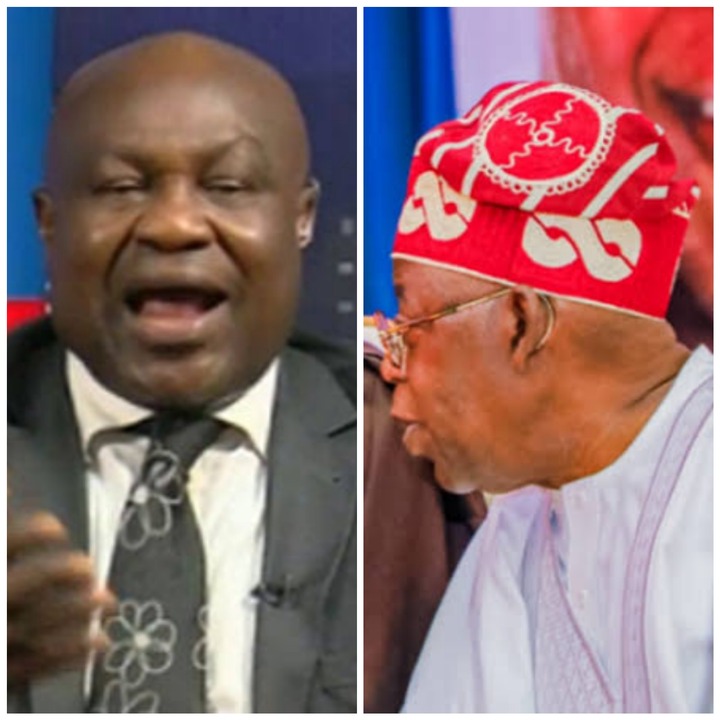
Ononuju criticizes the PDP for its failure to uphold the zoning agreement, which he believes is vital for national unity and stability. He argues that the PDP’s disregard for this convention—specifically its handling of the 2023 presidential election—has alienated many Nigerians, particularly those from the South. Ononuju contends that this failure to respect zoning is a major reason why the opposition is struggling to gain traction, as Nigerians are unwilling to accept a political system that ignores inclusivity and fairness in power distribution.
According to him, “I may not like Tinubu’s policies, but I would support him instead of having the country run into another Fulani man’s hands. So, the idea of us having nation-building means that you must open yourself to inclusion.”
